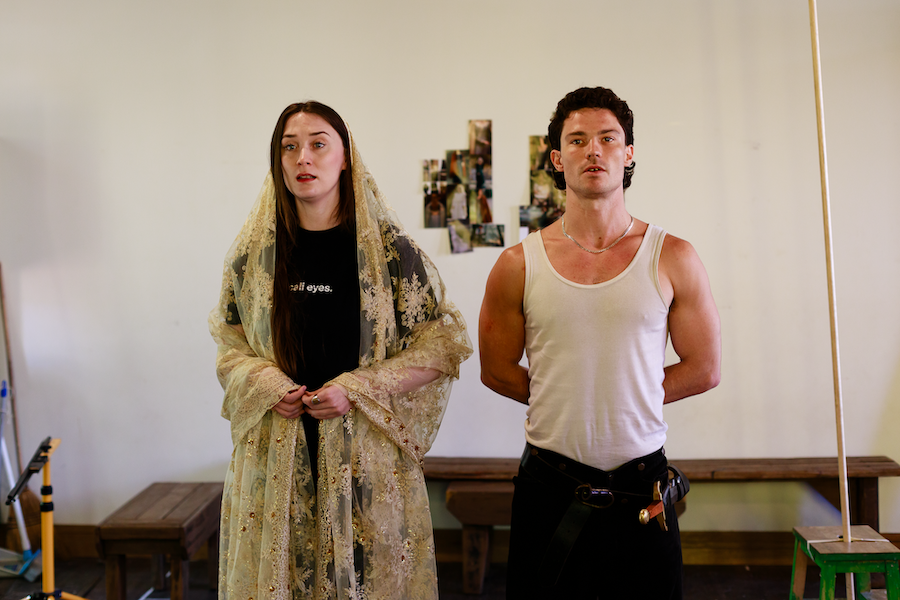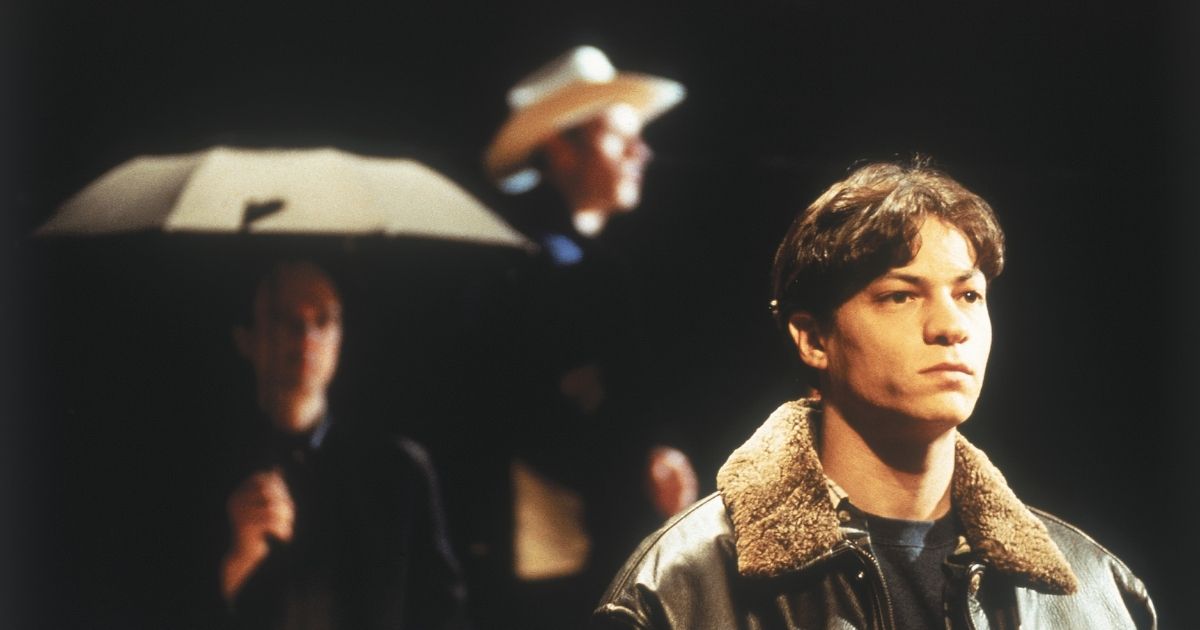
Much Ado About Nothing
Like all of Shakespeare’s comedies, Much Ado About Nothing has its dark moments.
The play is about two pairs of lovers. One pair is of noble birth; their names are Claudio and Hero. The other pair is, let’s say, middle-class, and they are called Beatrice and Benedick.
The first pair have a somewhat formal relationship as befits their high-born status, while Beatrice and Benedick indulge in witty but often sharp-edged banter that reflects a more democratic relationship.
Claudio proves to be a jealous lover, and when he humiliates Hero at the altar in a shocking scene of betrayal, we feel for the rejected bride.
As director James Evans says, the play is “much ado about everything, – love, betrayal, trust, family and toxic masculinity,” the latter referring to Claudio’s behaviour.
Because Beatrice and Benedick are able to listen to each other, Evans thinks this sets them up for “a healthier future than Claudio and Hero,” whose relationship starts with Claudio’s vicious conduct.
Evans believes that “Rather than endorsing one couple over another… Shakespeare backs the women and their struggle to be heard over the din of men talking.”
Evans has a favourite scene, the one in which Benedick and Beatrice first declare their love for each other.
Benedick says: “I do love nothing in the world so well as you – is not that strange?”
Beatrice responds: “I love you with so much of my heart that none is left to protest”. “Beautiful!” says Evans. “Perfect Shakespeare.”
Oct 22-Nov 24. Opera House, Bennelong Point, Sydney. $45-$85+b.f. Tickets & Info: www.sydneyoperahouse.com
By Irina Dunn









